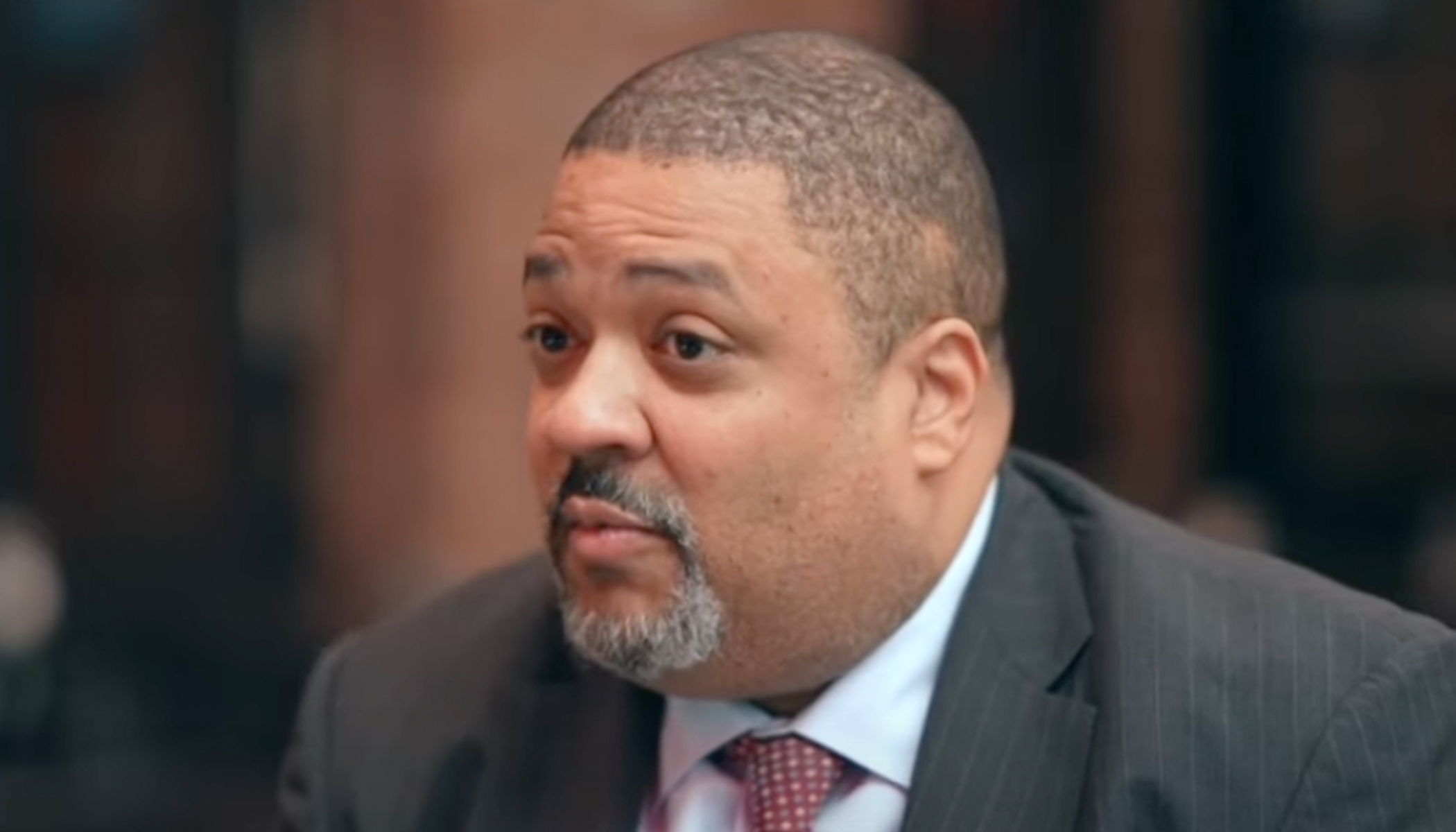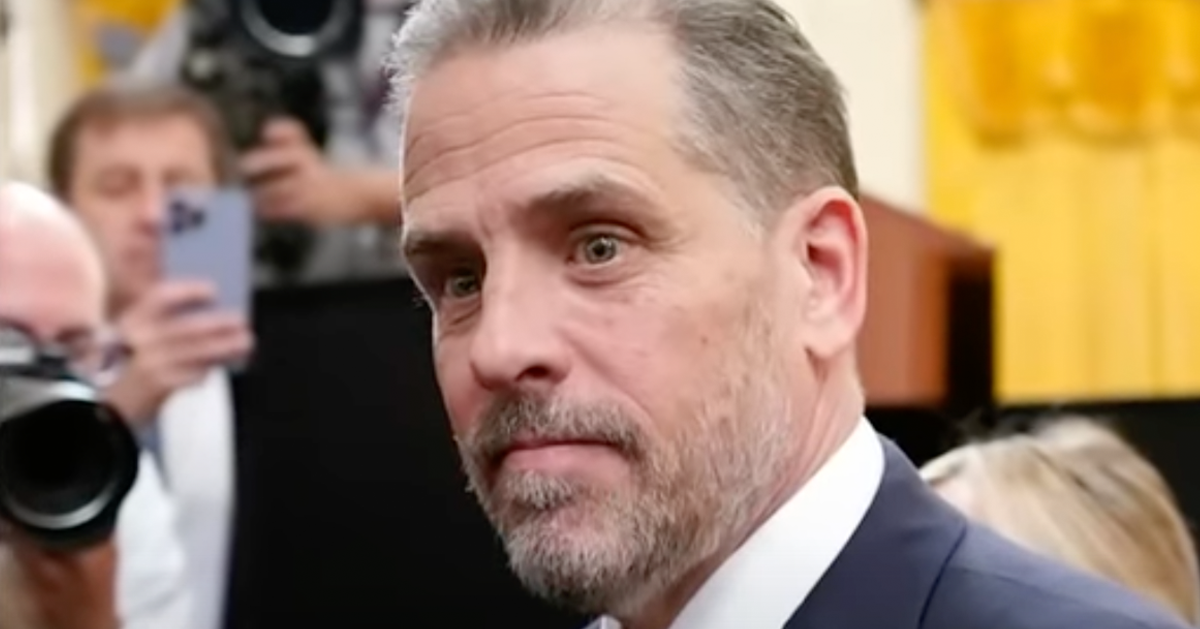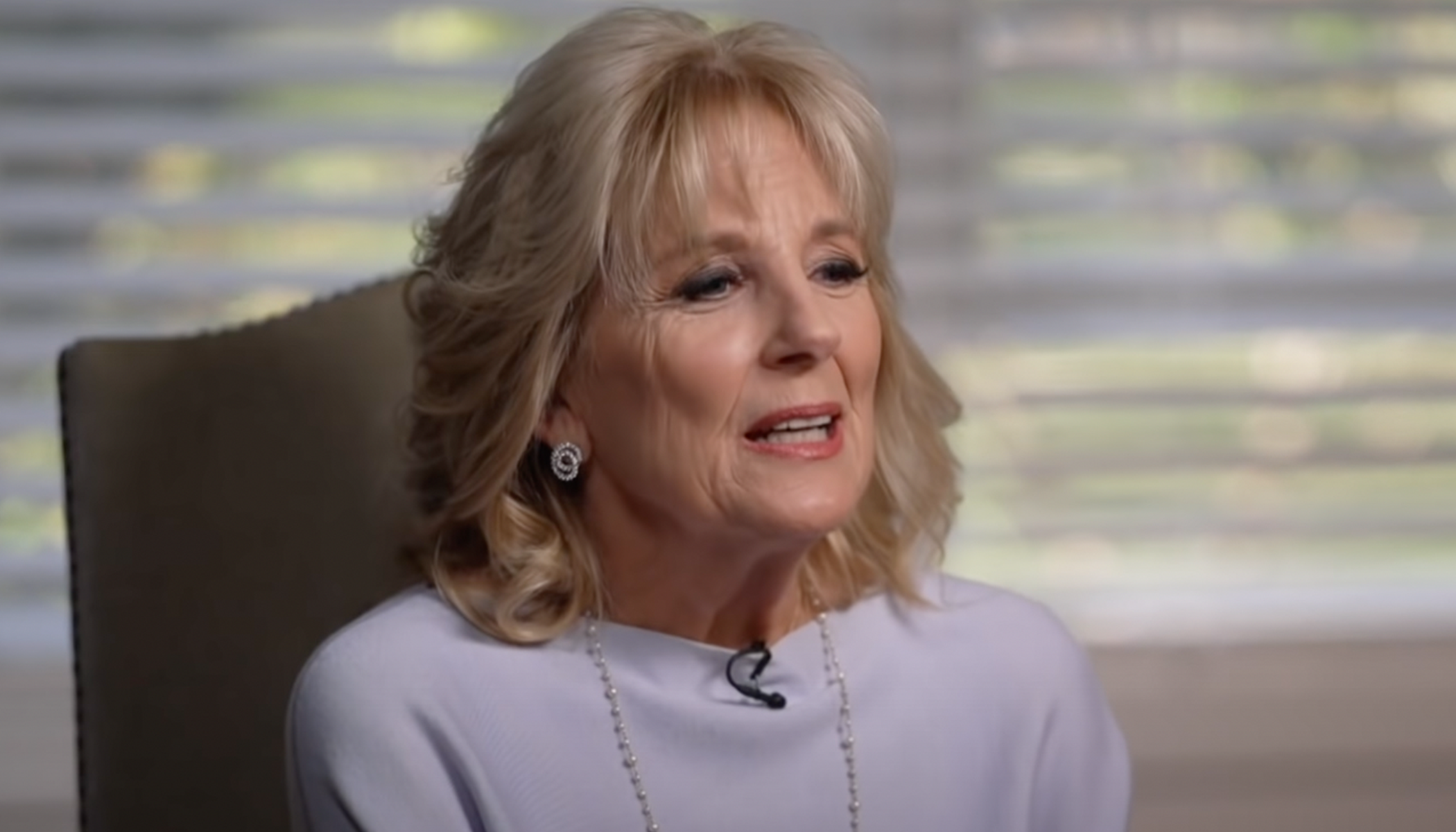Tulsi Gabbard: Discerning Deliberate Destructive Tactics Within Democrat Policies
In a candid discussion, former Democrats Tulsi Gabbard and Dave Rubin articulated their grievances with the Democratic Party's leadership and its departure from traditional liberal values.
Rubin and Gabbard, once Democrats, voiced their disillusionment, which she said was particularly accentuated during her presidential campaign and which has re-emerged as she is considered a contender for a spot on former President Donald Trump's 2024 ticket, as The Blaze reports.
Gabbard, a former congresswoman and presidential candidate, and Rubin, a political commentator, have both transitioned away from the Democratic Party.
They shared insights about their experiences and observations, highlighting a significant shift in the party’s approach.
From Democratic Allies to Party Critics
The shift in their political stance was propelled by what they described as a stark deviation from the values upheld by iconic Democrats like John F. Kennedy. Gabbard felt these foundational principles were being blatantly ignored by current party elites.
During her campaign, Gabbard experienced what she perceived as targeted attacks from her own party. This internal opposition was not just passive but involved active efforts to undermine her candidacy.
These attacks, according to Gabbard, included severe accusations and attempts to discredit her loyalty and integrity. Notably, Hillary Clinton hinted at Gabbard being a "Putin stooge" during an appearance on The View, a charge that stemmed from Gabbard’s anti-war stance and her criticism of U.S. foreign policies.
Accusations and Alienation Within the Party
Clinton’s insinuations did not stop there; on David Axelrod’s podcast, she suggested without naming Gabbard directly, that the Russians were grooming an unnamed person, clearly hinting at Gabbard. These comments were perceived by many as an indirect but clear attack on Gabbard, labeling her a traitor to the country.
Gabbard, in response to these accusations, emphasized the calculated nature of the attacks, suggesting that they were part of a broader strategy rather than mere missteps. This narrative was supported by her and Rubin's belief that such actions reflected a deliberate tactic by the party’s leadership.
The ongoing strategies of Democratic leadership, according to Gabbard and Rubin, seemed less about incompetence and more about intentional efforts to reshape the party’s identity and values.
The Intentionality Behind Policy Changes
Gabbard articulated a grave concern about the current administration under President Joe Biden, accusing it of consistently implementing policies that undermine American freedoms and national security. She argued these actions are systematically dismantling the fundamental principles of American identity.
"The first time she talked about me publicly was on David Axelrod’s podcast, and without saying my name, essentially said the Russians were grooming me," Gabbard recounted about Clinton's veiled accusations.
Gabbard further questioned the nature of these policy directions, suggesting, "You might be able to say, ‘Oh well, gosh, they made a mistake here or there that could be attributed to incompetence.’ But, we have seen now consistently throughout his entire administration over these last three and a half years, consistently pushing policies that undermine our freedom, that make our country less safe and less secure, and that is very quickly unraveling and destroying the foundational, fundamental elements of our country and what it means to be an American. That has to be intentional."
Reflections on a Divisive Political Strategy
The discussion between Rubin and Gabbard highlighted not only their personal political evolutions but also their broader concerns about the trajectory of the Democratic Party. Both figures have become vocal critics of what they see as a betrayal of the party’s historical values and purpose.
Their testimonies suggest a deliberate shift in Democratic strategies, positioning the party away from its traditional stances and towards a more contentious and divisive approach. This, they argue, is not just a departure from past policies but an active dismantling of the core values that once defined the party.
As the political landscape continues to evolve, the implications of such transformations are profound, not only for the Democratic Party but for the broader American political discourse.
Conclusion: Reevaluating Party Dynamics
In conclusion, the transformation seen within the Democratic Party, as articulated by former insiders like Gabbard and Rubin, raises significant questions about the future direction of the party.
Their experiences and observations underscore a deliberate shift that could redefine the party’s identity and strategy in the years to come.






